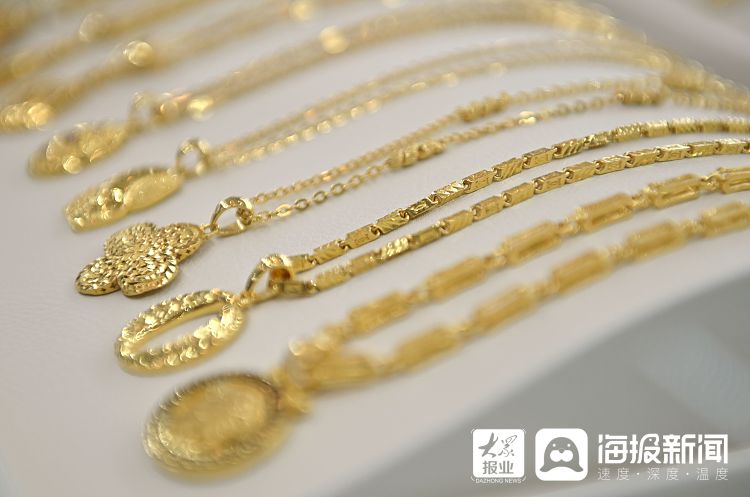Across China: Quirky science award celebrates the power of curiosity
2024-11-25 19:18 Xinhua
Through ultrasound scans, researchers from Durham University in Britain found that human fetuses can taste and smell flavors in the womb. Interestingly, they can respond to the taste of carrots with facial expressions resembling smiles, while the taste of kale elicits grimaces of dislike, according to Beyza Ustun, a member of the research team.
Scientists believe the findings provide valuable insights into the development of taste and olfactory receptors, as well as related perceptions and memory formation in humans. The study on fetal taste preferences finally won the Pineapple Science Award in medicine.
This year's Pineapple Science Award recognized a range of intriguing studies that explored the scientific principles behind curious phenomena. Winners also included research on why the “baby smell“ is so appealing, which type of paper cuts skin most easily, how spiders manipulate fireflies into emitting mating signals to lure prey, and the secret of how the unique smell of humans helps mosquitoes choose their next meal.
“It is particularly important to combine science with interest. Only with interest can one gain the motivation to seek answers and develop a spirit of truth-seeking and scientific inquiry,“ said Fu Xinhua, a professor with Huazhong Agricultural University.
Guided by the Zhejiang Association for Science and Technology and organized by the Zhejiang Science and Technology Museum, the Pineapple Science Award is a public science communication initiative. Launched in 2012, it takes place annually to celebrate imaginative scientific research and discoveries.
Each year, 10 winning projects are selected across disciplines such as psychology, physics and mathematics. Notably, all awarded studies are based on academic findings published in scientific journals.■







